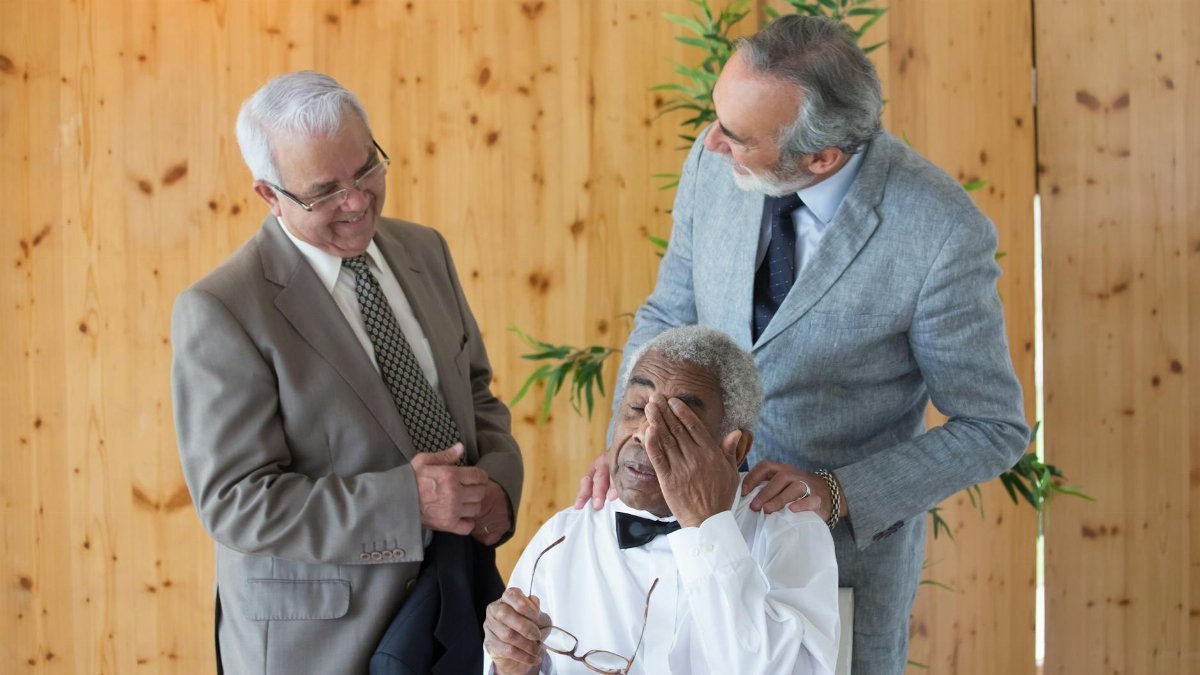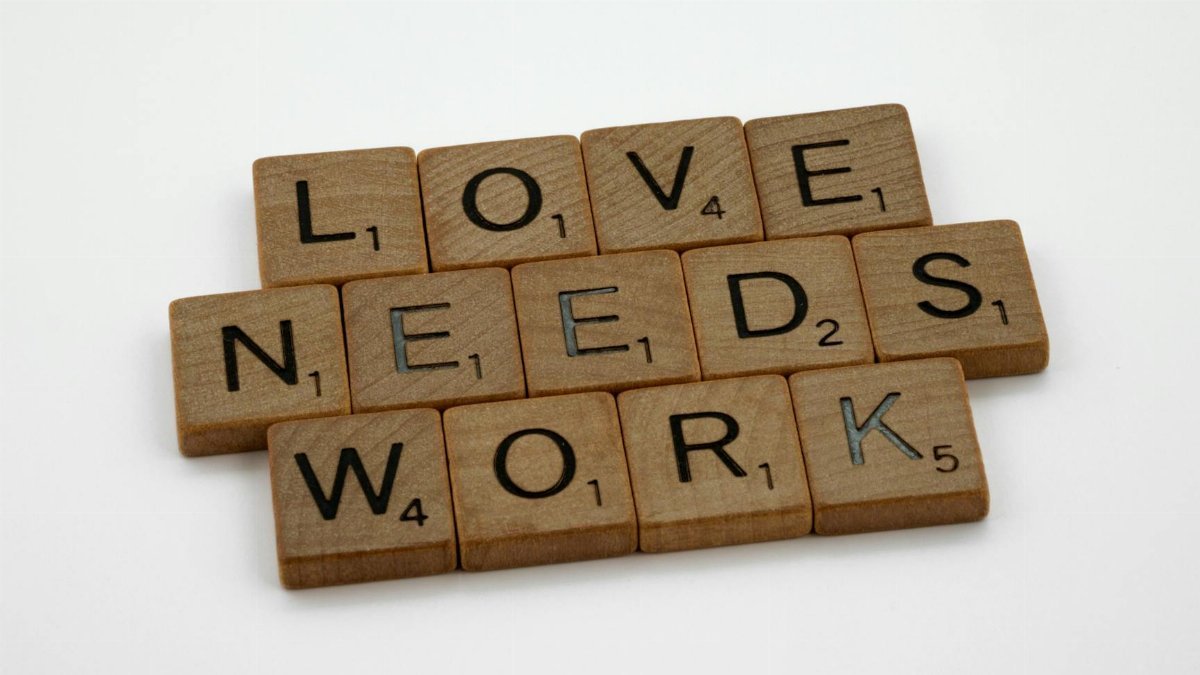Is emotional sobriety really the key to stronger relationships? This growing concept, which focuses on managing emotions and staying grounded, is gaining traction as a tool for personal and relational healing. Unlike traditional sobriety, it’s not about abstaining from substances but achieving clarity and balance in how we feel and react. As more Americans seek ways to navigate modern relationship challenges, emotional sobriety is emerging as a quiet revolution, promising deeper connections without the emotional rollercoaster. Here’s how it’s reshaping the way we love and live.
What Is Emotional Sobriety?

At its core, emotional sobriety refers to the ability to regulate one’s emotions and maintain inner peace, even in turbulent times. It’s about being present and responding thoughtfully rather than reacting impulsively. Originally tied to recovery circles, the term has expanded into broader self-help and relationship contexts. Experts say it’s a skill anyone can learn, rooted in self-awareness and emotional resilience. For couples, this means fewer blowups and more constructive conversations.
Why Relationships Need It Now

Modern relationships face unprecedented stress—think social media comparisons, fast-paced lifestyles, and lingering pandemic effects. Data from the American Psychological Association shows stress levels impacting personal connections, with 62% of adults citing relationship strain in recent surveys. Emotional sobriety offers a way to cut through the noise, helping individuals stay centered. When partners practice this, they’re less likely to project insecurities or escalate conflicts, creating a calmer dynamic.
Breaking the Cycle of Emotional Reactivity

One major benefit is disrupting patterns of overreaction. Many relationships suffer from knee-jerk responses—snapping during arguments or shutting down under pressure. Emotional sobriety teaches pausing before acting, a skill that can save countless misunderstandings. Therapists note that couples who master this often report feeling more heard and understood, as they’re not constantly on the defensive.
Building Trust Through Presence

Being emotionally sober means showing up fully for your partner. It’s about listening without distraction and engaging without hidden agendas. This presence fosters trust, a cornerstone of any healthy bond. Studies from institutions like the Gottman Institute highlight that consistent, attentive interactions are key predictors of long-term relationship success. When both partners commit to this mindset, they build a safer emotional space.
Challenges in Adopting This Mindset

It’s not a quick fix. Emotional sobriety requires unlearning old habits and facing uncomfortable feelings head-on. For some, it means confronting past traumas or ingrained coping mechanisms, which can feel daunting. Couples may also struggle if only one partner is on board, leading to mismatched emotional energy. Experts recommend starting small, with practices like journaling or mindfulness, to ease into the process.
Practical Steps to Get Started

Want to try it? Begin by noticing your emotional triggers—those moments when anger or anxiety spikes. Take a breath before responding. Apps and resources from organizations like the National Alliance on Mental Illness ( NAMI ) offer tools for self-regulation. Couples can also attend workshops or therapy focused on emotional balance. Another tip: set boundaries around heated topics to prevent unnecessary clashes.
Real Impact on Modern Love

The rise of emotional sobriety signals a shift toward intentional relationships. A report from Pew Research Center ( Pew Research ) notes that younger generations, especially Millennials and Gen Z, prioritize mental health in partnerships more than ever. By embracing this concept, couples are redefining love as a space of mutual growth, not just passion or convenience. It’s a trend worth watching as we move into 2025 and beyond.
